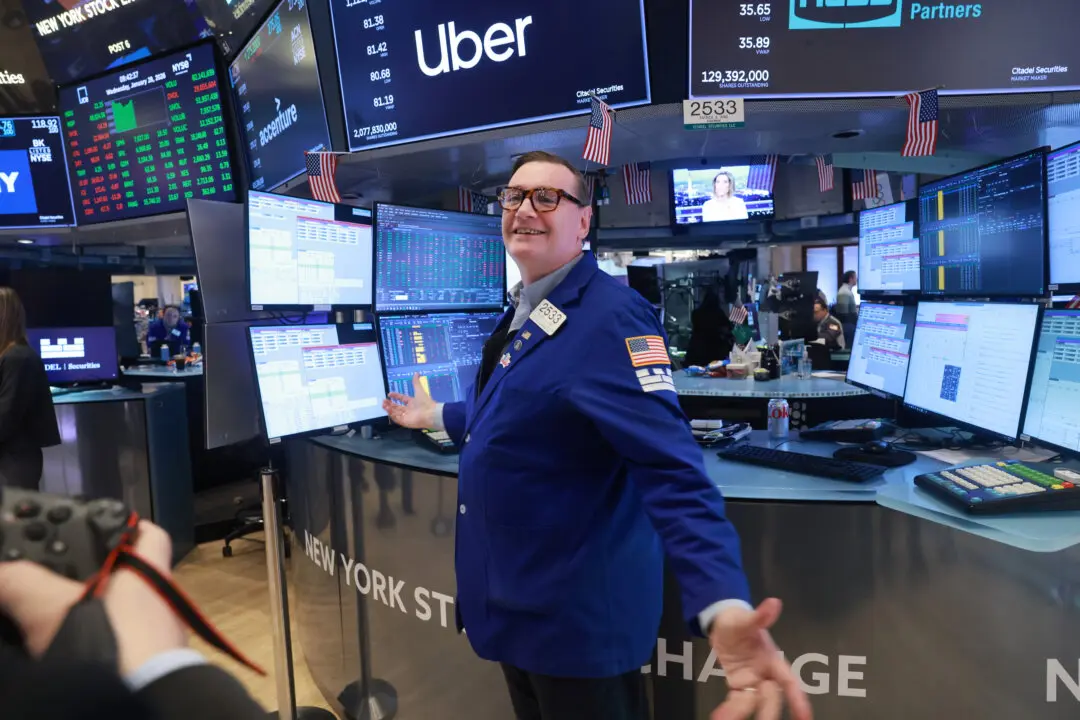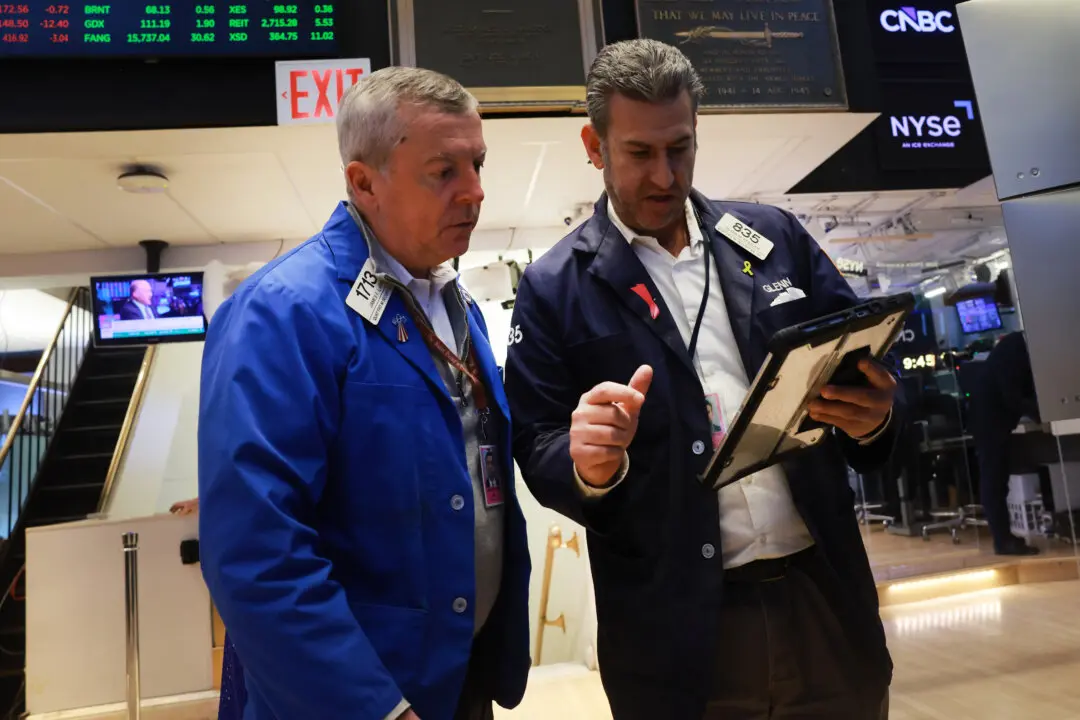The banking industry will undergo significant changes in 2025, driven by AI technologies and consolidation. These changes will make traditional banking more agile, efficient, secure, and innovative, with community banks playing a pivotal role in their implementation, according to experts.
“AI and technology will play a bigger role in helping banks improve customer service, prevent fraud, and cut costs,” Antwyne DeLonde, a visionary technologist and CEO at VisionX, told The Epoch Times.





